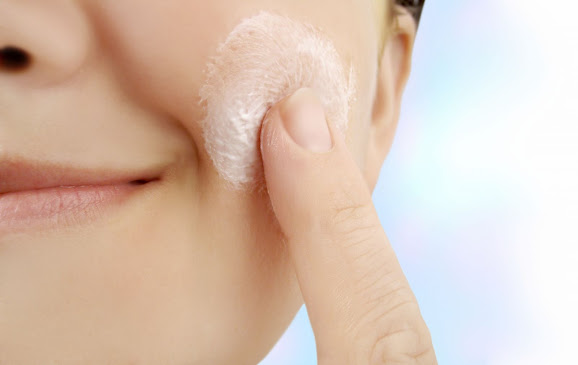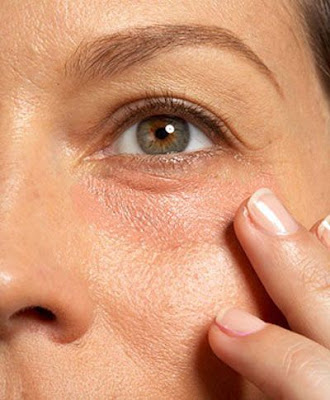Sensitive Skin: Difference Between Allergy and Skin Sensitivity
Allergy is an immune system response to a foreign substance, such as pollen, pet dander, or certain foods. Allergies can cause a range of symptoms, including sneezing, itching, and hives.
Skin Sensitivity or Sensitive Skin is a condition in which the skin reacts to certain substances or environmental factors. It can cause redness, itching, burning, and other skin reactions. Skin sensitivity is not an allergic reaction and does not involve the immune system.

Itching, redness and rash. Irritation, burning and stinging. These symptoms may seem similar and reactions to beauty products are not common; However, can you tell if you are dealing with sensitive or sensitive skin? With any hypersensitivity, the system is usually affected. Think of it as a constitutional bodyguard - your immune system's job is to protect itself from foreign substances and disease, and it will do so in many ways, besides causing inflammation. But for some, their system is a bit overzealous - defending even once is not necessary. Simply put, hypersensitivity is an abnormal response and is caused even by benign things (like mud, which is a common cause of pervasive allergies). When it comes to skin allergies, the main ones are Atopic Dermatitis (a type of eczema). It will cause itching, redness, swelling, bumps/blisters, and alternate symptoms. Common causes include exposure to metals (for example, nickel jewelry), dyes, fragrances, and preservatives in cosmetics, according to the Canadian Association of Medical Specialties. And you may not see redness of the skin right away; Inflammation will appear up to forty-eight hours when you come into contact with the matter. Interestingly, the substance usually does not cause a skin reaction unless it is "activated" by exposure to sunlight.
The Canadian Association of Medical Specialties notes that this condition, called photosensitive contact dermatitis, can occur with shaving lotion, sunscreen, and some perfumes. Since allergies cannot be cured, it is best to avoid known triggers - the doctor will determine it with a skin test. Skin that is hypoallergenic but simply sensitive is more opaque. This is often because sensitive skin cannot be confirmed with an objective screening test; It is a self-diagnosing condition. However, many people assume they need it: in a UK study, more than 51% of women and 38% of children believed they had sensitive skin.
The sensitive or reactive varieties describe the sensation of irritation, burning or stinging when applying cosmetics. And while doctors may view symptoms subjectively, they are no less realistic for those who experience them. In these cases, I advise you to use formulas designed and tested specifically for the most sensitive; They are often free from preservatives, fragrances, and colorings. Allergies are associated with a weak skin barrier, so avoiding excessively drying cleansers and moisturizing them frequently is key. Also, be careful and once something new is introduced gradually, significantly if the product contains highly active substances (eg retinol) - limit use to every alternate day, for example, until you are sure it is well tolerated.
Like you can follow me, I will share next time.
Dua Fatima | Follow my blog









Comments
Post a Comment
Please do not enter any spam link in the comment box.